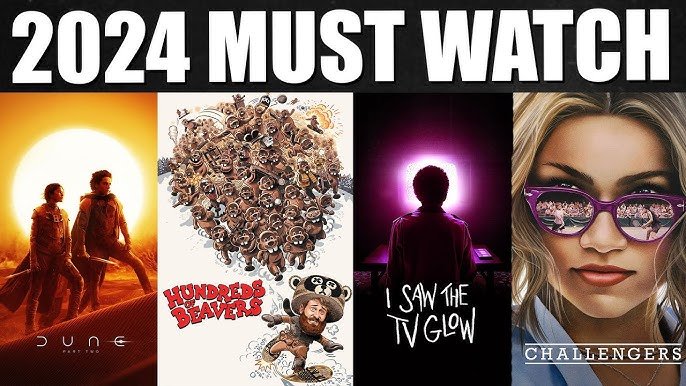In Canada, laws surrounding consent play a significant role, especially when it comes to recording conversations. The concept of “one party consent Canada” allows an individual to record a conversation if one participant agrees. Understanding these laws is essential for anyone who records personal or professional conversations.
In this article, we will explore one party consent in Canada, its legal implications, and how technology impacts recording practices. We will also discuss how platforms like baddiehub ensure they respect consent laws and protect user privacy.

What is One Party Consent?
One party consent laws allow a person to record a conversation without notifying others, as long as one participant agrees to the recording. This differs from “two-party consent” laws, which require everyone involved to approve the recording.
Under Canadian law, Section 184 of the Criminal Code allows one party consent. This means that as long as one person in the conversation is aware of and agrees to the recording, it can be legally made without the knowledge of the others. This law covers phone calls, in-person conversations, and other forms of communication.
However, one party consent doesn’t apply in every situation. For instance, in cases where there is a reasonable expectation of privacy, courts may consider whether the law was violated. To avoid potential issues, always be mindful of the context of the conversation.
Legal Implications of One Party Consent in Canada
While one party consent laws provide freedom to record, they also impose legal responsibilities. The law allows you to record a conversation without notifying the other party, but if you share or use the recording in a public or legal context, privacy laws must still be followed.
Baddiehub encourages users to adhere to consent guidelines when sharing recorded content. It’s essential for platforms and individuals alike to respect privacy laws to ensure trust is maintained. Violating one party consent laws could result in criminal charges, especially if the recording violates privacy expectations.
If you are uncertain about your rights or responsibilities, it’s always best to consult a legal expert.
The Role of Technology in One Party Consent
Advances in technology have made recording conversations easier than ever. With smartphones, apps, and digital devices, it’s possible to capture audio and video with minimal effort. However, this also raises concerns about privacy violations.
Many platforms, including baddiehub, work hard to protect user privacy by informing users of the laws around consent and recording. For example, these platforms make it clear when and how recordings can be shared and ensure that consent is granted before content is recorded or broadcasted.
As technology continues to evolve, consent laws are likely to evolve as well, addressing the increasing complexity of digital privacy. People should be proactive about understanding these changes to avoid legal complications.
How to Protect Your Privacy Under One Party Consent Laws
Protecting your privacy in the age of digital communication requires active steps. If you don’t want to be recorded, make sure to clearly express your wishes. Although the law allows one person to record without the consent of others, being upfront about your expectations can prevent misunderstandings.
Platforms like baddiehub provide privacy features that help users protect their information. For example, users are encouraged to review the platform’s privacy settings and understand consent laws. These measures help ensure that conversations stay secure.
Additionally, use encryption tools, and always review platform privacy policies to ensure your personal information remains protected.
Conclusion:
One party consent laws in Canada provide individuals with the right to record conversations, but they come with responsibilities. While these laws give freedom to record, they also require careful attention to privacy and legal boundaries.
Platforms like baddiehub ensure user privacy by following consent laws and offering secure communication methods. As technology evolves, so too will the rules around consent, and it’s essential to stay informed.
If you’re ever uncertain about whether a conversation can be recorded legally, consulting a legal expert will help ensure you’re staying within the boundaries of the law. Protecting both your rights and the privacy of others is essential in today’s digital world.


